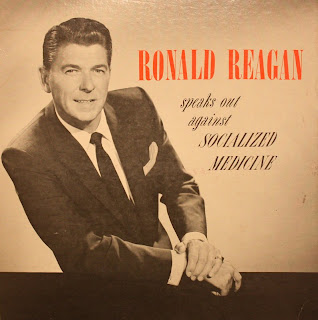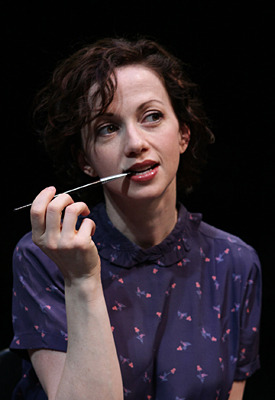Our first unit explored foundational concepts of disease and health, different theories about the origins of disease, and the prevailing beliefs and practices in early America.

Luke Fildes, “The Doctor,” 1887
In our next unit, we consider the long 19th century and the rise of medical professionalization – a process Rutkow also argues was one of democratization. The middle chapters of Rutkow’s book are our main texts in this unit, although we begin with the ideas of the French philosopher and literary scholar, Michel Foucault, on the birth of the clinic and his observations on perception, power and “the gaze” in medical diagnosis and healing. If you’ve ever read feminist film theory, you might recognize this concept is similar to Jacques Lacan’s scholarship on the normative camera’s eye as heterosexual male gaze and on the complex interplay between subject/object and the processes of subjectification and objectification.* Foucault is interested, broadly, in power and discourse – how meaning is encoded. His provocative book, which we are reading in excerpt, explores the development of the medical “clinic” (which stands for any professional medical setting) as a discursive system in modern society. You will find it densely packed with ideas, please take your time with reading it!
The first part of the unit will look like this –
Mon 2/18 – Reminder, no class – Presidents’ Day
Wed 2/20 – The Medical Gaze. Reading: Foucault, Birth of the Clinic (excerpts – as PDF on Blackboard). Bring the essay or take good notes on it and bring those. Remember to BRING a list of terms to class so we can begin our glossary together. The terms/concepts can come from Porter, Rutkow’s Intro/Ch1, Ulrich’s article, and Steele’s essay – or from anything we’ve brought up in class so far.
Mon 2/25 – Democratization of Healing. Reading: Rutkow, Ch 2. Your Diagnosis: History paper is due.
Further reading:
The “Ether Dome” original article from the Boston Medical and Surgical Journal, 1846
Wed 2/27 – Modern Medicine and Quackery. Reading: Rutkow, Ch 3-4. See also: The Quack Doctor blog.
Other links for Wed:
HarpWeek Cartoon, 1865 “The Hygiene of New York City”
Full text of Cathell’s book The Physician Himself (1886 edition) on Google Books
More on Garfield’s death: “The Doctors Who Killed a President” (New York Times Review of Books, 2011)
Mon 3/4 – Rise of Medical Professionalism. Reading: Rutkow, Ch 5-6. See also: The Flexner Report 100 Years Later (Yale J of Bio and Med, Sept 2011).
Response Paper #2 Prompt –
In his first 7 chapters, Rutkow has briskly marched his readers through a tour of medical progress (both forward and backward) and professionalization. In a 2-3 page response paper, choose and describe one debate, ideological conflict, or inflection point of change in American health care history. Reflect/respond on the impact and importance of this episode. Be sure to cite any direct quotations from the text. We will use your response papers as the basis of discussion on Wednesday, so preferably bring it as a printed hard copy paper.
Wed 3/6 – Progressive Era Challenges. Reading: Rutkow, Ch 7. Due in class: Response Paper #2.
* I rarely recommend Wikipedia entries, but the one on the gaze is actually pretty decent – maybe partly because it’s flagged as “too technical for most readers to understand.”

 I mentioned “radium girls” in class – here are a couple of links for more information.
I mentioned “radium girls” in class – here are a couple of links for more information.
